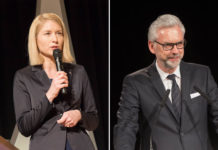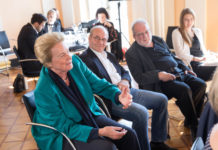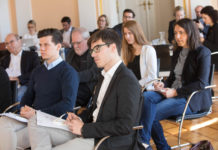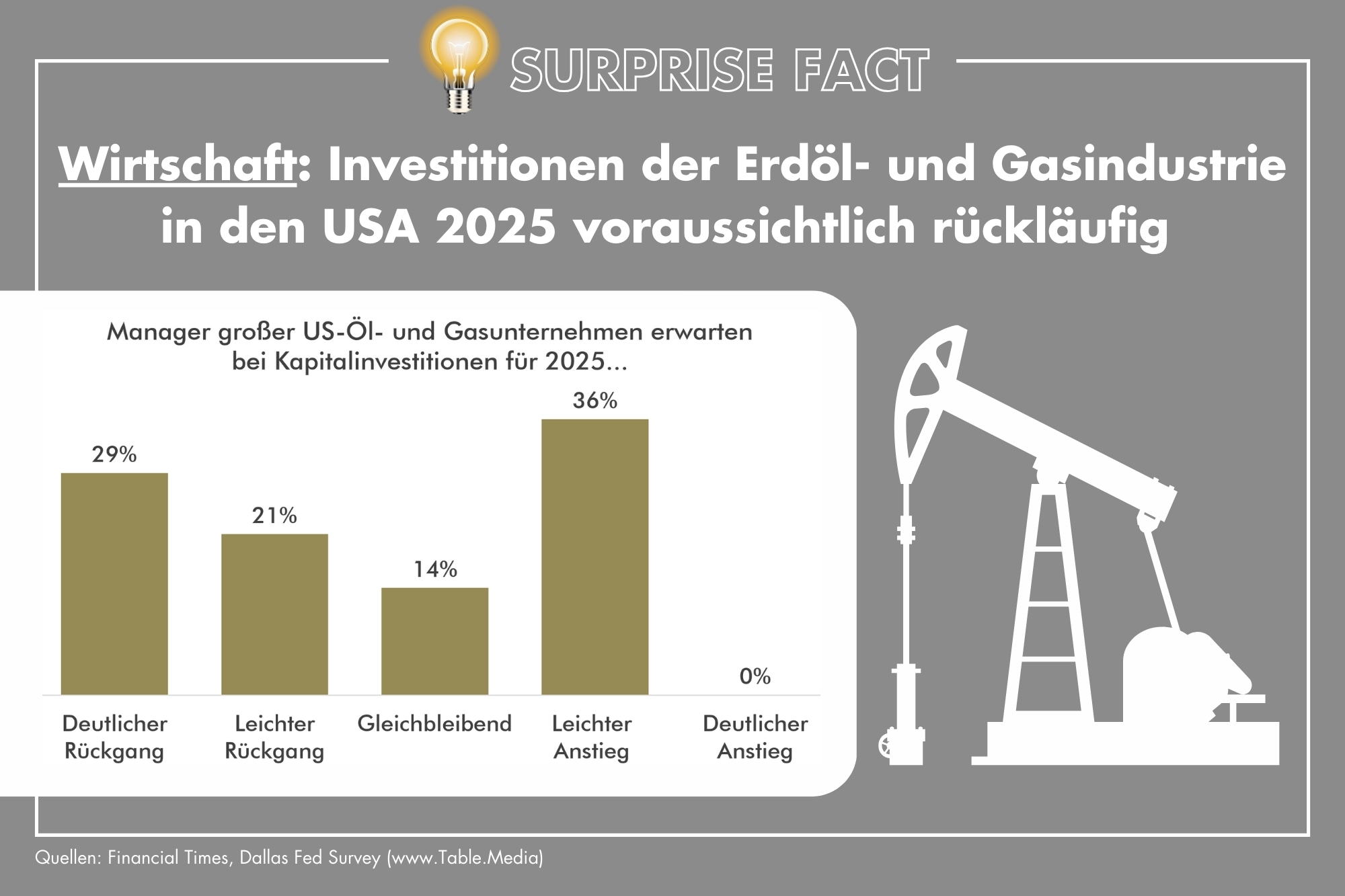It’s very difficult to recruit younger readers to paper because the propaganda against papers was “whoever reads papers is not up to date technologically”. But nowadays we see that there are also some advantages to the paper. For example, I have experts, journalists who curate for me and decide: Is this a serious source? Is this an important relevant topic? Online you get information in raw condition. You have to curate it yourself and find out what is a good source or a bad source. You are confronted with lots of opinions, some well thought out, some quite irresponsible. And some not really opinions but rather propaganda.
What are kids supposed to learn, is the first question that needs to be answered. I think what people really need to understand about the internet is how to use it, get meaningful information from it. That means they have to know some things themselves to do a meaningful search. I think people need to be solid in reading and writing. There are different theories on how that is most easily achieved but I still think writing with your hand is important for brain development.
There was this “Stavanger declaration”, written by more than 130 experts, on the science of reading. Brain scientists, linguists, progress-friendly people concluded that long texts are more difficult to really grasp, understand, internalize if you read them on a screen; it is easier if you have them on paper and can underline things, write things. It seems to connect to your brain in a better way.
The most basic danger of online reading is that you get more of what you are looking for but you tend not to look at the opposing opinion or totally alien thoughts. The paper is still a bundle of strange and sometimes amazing things, you go for the big story on the first page but you also get a strange story elsewhere.
“PEOPLE REALLY HAVE TO LEARN HOW TO UNDERSTAND THE INTERNET AND DIGITAL TECHNOLOGIES.”
We tend to have a bit of an extremist readership online. You can still comment anonymously and that obviously does terrible things to people. They start saying horrible things and voicing opinions they would never say face to face.
I got hit on the head all the time for my skeptical book Klick. People were saying “Ah, she doesn’t understand it at all”. I just wanted to discuss the problems but no one wanted the problems at that time. Now, I think it’s changing, because people are realizing what the big tech firms are doing with our data. People are slowly realizing that you can’t have something for nothing.
I don’t see that any technology can be exempt from being a subject of political decision-making because the sovereign are the people, the sovereign are the citizens. And I don’t see any argument why this should be over. We have to fight for the sovereignty of the people till we die.
The platforms are making a lot of money using articles journalists write and they aren’t willing to pay. You would never say a lawyer or an economist should work for nothing. I contest that they can do responsible journalism that keeps a democracy alive by that model. That’s why we need proper journalism.
VITA
Dr. Susanne Gaschke is a German journalist and publicist who deals with social issues such as digitization, manners or education and comments on current political events. She studied English, pedagogy and public law and earned her doctorate with a dissertation on children’s literature.
Already during her studies Susanne Gaschke was politically active. After working as an editor in the political department of the weekly newspaper “Die Zeit” from 1997 to 2012, she was elected mayor of the state capital of Kiel in 2012. However, she resigned from office 10 months later. Since 2015 she has been writing for “Die Welt” and “Die Welt am Sonntag”. Susanne Gaschke is a versatile author of several books with different themes. For example, in her book Klick published in 2009, she outlines “Strategies against Digitally Dumbing Down” and calls for a change of mind in dealing with digital media.
She herself says that she is not a friend of the totally networked world and that the Internet is beneficial in many ways but in many areas also an amplifier for hate, fake news and nonsense. Quite fittingly, her motto is: analog rather than digital.






